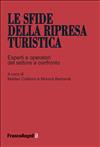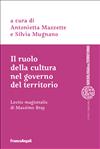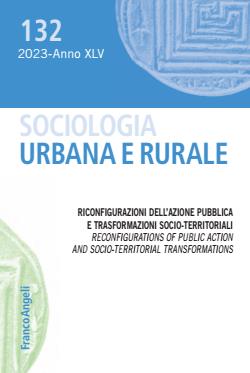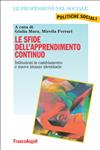To face and solve growing urban challenges, calls for innovative and creative solutions have become more and more commonplace. Although the promotion of a single successful social innovation policy might be relatively easy, to set up an ecosystem of social innovation that enables long-term changes requires more effort. According to the scientific literature, a systematic approach, new types of leadership and an appropriate governance model that is both multilevel and collaborative, are required. Following this theoretical framework, the author looks to an Asian city that can be considered in the vanguard of social innovation: Seoul. The mayor, Park Won-Soon is currently progressing with plans to build an innovation-led sharing city. This paper illustrates the creation of the social innovation ecosystem, with a special focus on the "Sharing City, Seoul" project. It examines the role of local government, its ability to rely on new intermediary organisations, and its efforts to modify the culture of the administration and improve citizen engagement. A qualitative approach based on multiple sources of evidence has enabled the development of a conceptual model that describes the current shape and features of the Seoul social innovation ecosystem. The results highlight the importance of conscious and targeted public action for the promotion and spread of pervasive sharing and innovative practices in the city.





